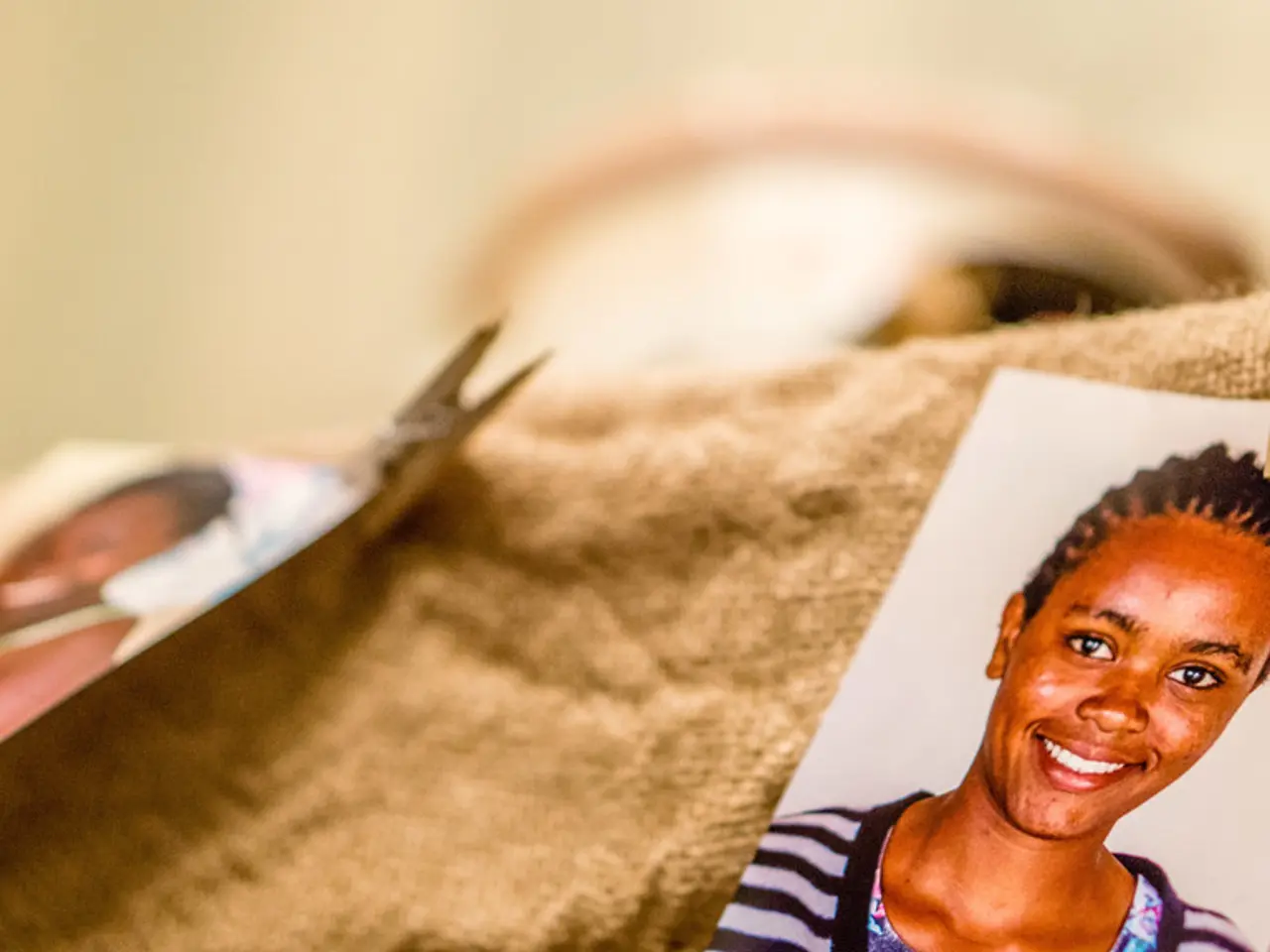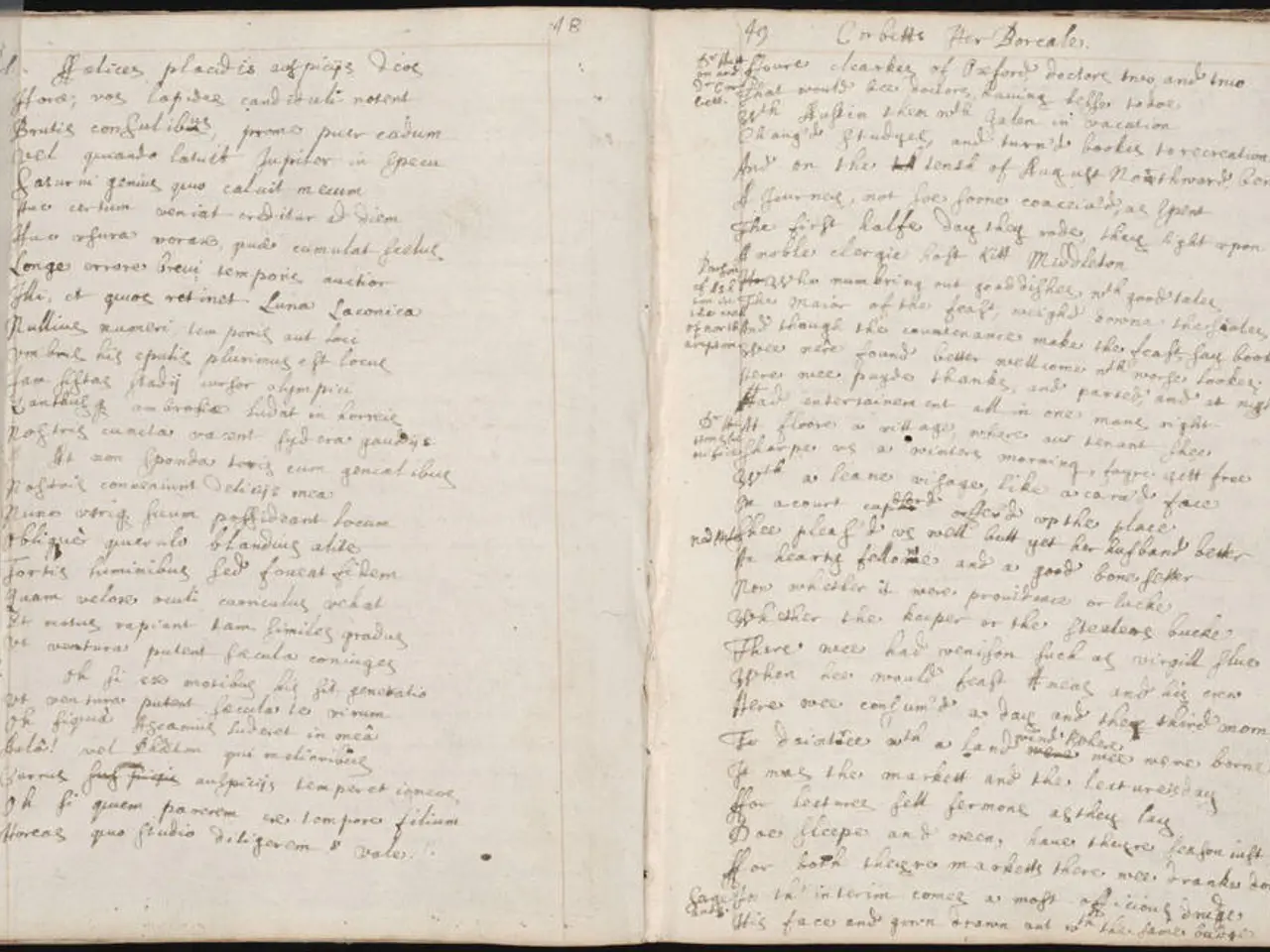Visa application for Neu aspirant halted overplexing query: 'What if this professor...'
In a recent development, an Indian student aiming to pursue an MS at Northeastern University experienced a rejection of their F-1 visa application at the U.S. Embassy in New Delhi. The rejection, which occurred on June 13, 2025, serves as a reminder of the various factors that can influence the approval process for international students.
The student, who was particularly interested in the university's research in immunotherapy for cancer treatment, had listed an education loan as proof of funding. However, the visa officer declared the student ineligible for a visa after the interview, citing several potential issues.
One of the key factors was the omission of family or personal financial savings in the I-20 or DS-160 forms. Incomplete or missing financial support documentation can lead to visa denial, as the consular officer must be satisfied that the student has adequate means to cover tuition and living expenses.
Another issue related to the student's social media presence. The U.S. Embassy requires applicants to disclose all social media accounts used in the past five years on the DS-160 application form. Failure to list accounts, even if they contain no controversial content, can lead to visa denial or administrative processing delays.
For F, M, and J visa applicants, social media accounts must also be set to public to facilitate identity and admissibility vetting. If accounts are private or inaccessible, this may raise red flags and result in visa processing delays or rejection.
The student's case also highlighted the importance of thoroughness in the application process. Missing or incomplete documents, such as acceptance letters, financial proofs, or DS-160 information mismatches, can lead to visa denial.
The student's experience has sparked discussions among Indian students aspiring to study in the U.S., with some expressing concerns about the OPT program's potential termination and the increasing denial of B1/B2 visas despite having clean records.
In light of these challenges, it is essential for applicants to ensure full transparency and thoroughness in their application and social media disclosures to minimize risks of denial. Suggestions for future interviews include preparing stronger answers, demonstrating personal financial stability, and being more confident and concise.
The student is considering reapplying as a third-country national due to the lack of visa refusal slots in India. The student's cautionary tale serves as a reminder for all international students to carefully navigate the F-1 visa application process and seek advice from trusted sources to increase their chances of success.
- In the financial world, awareness among students seeking to study in the U.S. is growing regarding the need for transparency and thoroughness in the visa application process, especially when it comes to disclosing family or personal financial savings, as omissions can lead to visa denial.
- Beyond education and self-development, the political landscape also plays a role in the international student visa approval process, as evidenced by the increasing concerns among Indian students about the potential termination of the OPT program and the rising denial of B1/B2 visas, even for those with clean records.
- The general news space is abuzz with discussions about the defi (definition: digital finance) market, as instances like the student rejection reveal the complexities in the F-1 visa application process, highlighting the importance of setting social media accounts to public for identity and admissibility vetting and preparing strong, concise answers for interviews to increase chances of visa approval.




